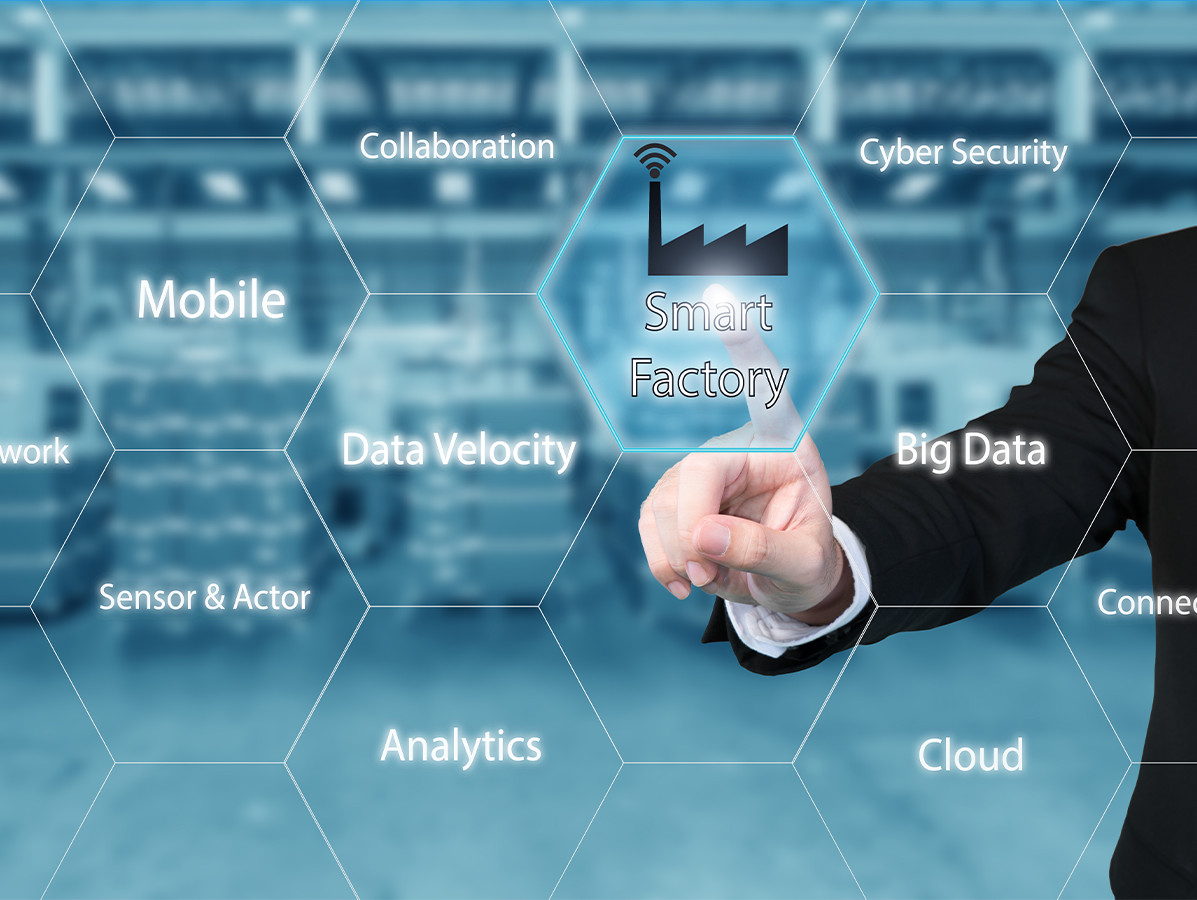
AI offers unprecedented opportunities for efficiency and productivity in the food industry. By combining machine learning and advanced data analysis, companies can make more accurate decisions. This helps the food industry meet the growing global demand for food. Traditionally, quality control is done manually and through sampling, but with AI, cameras can collect data during production. AI can then determine quality and apply it directly to the production process, resulting in consistently high-quality products and significantly reducing product waste.
Albert Beekhuizen, CFO of Royal Smilde, views AI as an essential development. He notes that employees often adopt AI faster than the company itself. "Employees often already use AI solutions in their daily work before the company officially starts using them," says Beekhuizen. "For this reason, we took the lead and proactively started with AI. We invested in increasing knowledge within our team and established a clear AI policy."
Royal Smilde sees great potential in AI to improve and make business processes more efficient. "We have already seen some successful implementations, such as in complaint handling and benchmark analyses," says Beekhuizen. "In the short term, we are looking at the responsible use of AI in various processes. In the long term, we want to gradually integrate AI into all our business processes. However, the ultimate responsibility always remains with our employees. They must see AI as a tool to do their work better, not as a replacement."
Beekhuizen emphasizes that the human factor remains essential: "AI can offer many benefits, but success depends on how well our people can work with it. That is why we invest in training and education so that everyone within Royal Smilde understands how to use AI effectively. We want our employees to feel supported by technology, not threatened."
Robbert van ’t Hoff, General Manager of Westfort Vleesproducten, highlights the importance of AI applications within his company. Cameras analyze real-time images for risk assessments when bringing in pigs, which helps improve animal welfare by sharing best practices. Van ’t Hoff points out the necessity of not losing sight of the human factor and guiding employees.
"We want employees to feel safe in their work environment," says Van ’t Hoff. "It is important that they understand how AI can improve their work and not replace it. By communicating transparently and involving employees in the implementation, we create an environment of collaboration and trust."
Van ’t Hoff continues: "AI technology is open source and affordable, making it accessible to companies of all sizes. By integrating AI into our processes, we can improve both animal welfare and efficiency. We ensure that AI applications are used to maintain and even raise our high standards. Ultimately, it remains human work, with AI playing a supportive role. Our goal is to find a balance between technology and human skills so that we not only optimize our production processes but also contribute to a safe and humane working environment. The well-being of our employees and animals is always a priority."
Van ’t Hoff emphasizes that continuous improvement of processes and the well-being of both employees and animals are central to the application of AI at Westfort Vleesproducten. By using AI responsibly and transparently, companies in the food industry can achieve significant benefits without losing sight of the human factor.
Food companies are actively exploring what AI can do for them, with numerous applications such as writing reports and using AI chatbots in customer service. This saves time, allowing employees to focus on more complex tasks. AI also helps in data analysis to improve business and production processes, such as image recognition and portioning of food. Smart use of data and technology is crucial for better product quality and staying competitive.
Ceel Elemans, Sector Banker Food, emphasizes the rapid developments in AI technology. Food companies are increasingly applying AI due to greater computing power, better technologies, and rising labor costs. AI applications are becoming cheaper, and despite varying data quality, AI can achieve more with less. This increases both productivity and innovation, creating commercial opportunities. Annually, 2 billion euros are invested in the food industry, with almost half going to automation and digitization.
Source: ING Magazine July 2024
Source: ©Travelpixs/SHUTTERSTOCK